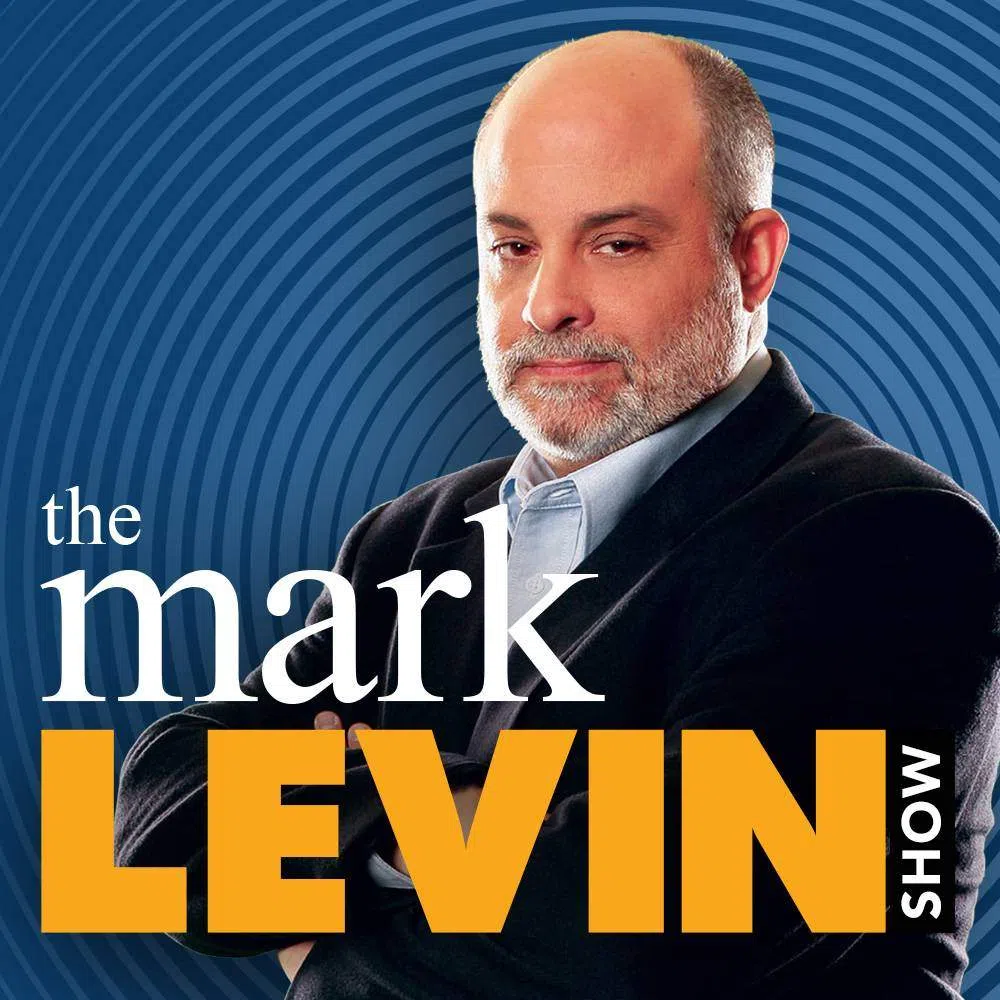Shocking new revelations from convicted sex offender Jeffrey Epstein’s own email inbox expose a far deeper corruption than previously disclosed: a federal money-laundering probe launched in 2007 that spanned nearly two years and targeted every penny of the disgraced financier’s money.
The records raise urgent questions about prosecutorial failure, major bank complicity, and elite impunity within the justice system, according to a Bloomberg exposé on Friday.
Emails from Epstein’s personal Yahoo account show that Assistant U.S. Attorney Marie Villafaña requested grand jury subpoenas for “every financial transaction conducted by Epstein and his six businesses” dating back to 2003.
The probe flagged large cash withdrawals and the suspected use of an unlicensed money-transmitting operation tied to Epstein’s global network.
The investigation reached the vaults of banking giants. Documents show that major institutions, including JPMorgan Chase, were subpoenaed for records, though the bank later denied knowledge of any such request.
In Washington, Sen. Ron Wyden, R-Ore., has opened his own inquiry into bank executives’ handling of Epstein’s accounts, calling JPMorgan’s response “not credible” and hinting at possible criminal referrals.
This appears to be a scandal of extraordinary magnitude.
First, prosecutors appear to have shelved a financial-crimes case despite overwhelming evidence. Epstein’s legal team, including heavyweights such as Alan Dershowitz and Kenneth Starr, campaigned to discredit the investigation into his finances, and ultimately prevailed.
Second, the failure to pursue the laundering probe while covering up a sex-trafficking operation smacks of preferential treatment. This undermines faith in equal justice under the law.
Meanwhile, conservatives have demanded full transparency on the “Epstein files.”
In July, a memo from the Department of Justice stated there was no credible evidence of a client list or broader conspirators, a claim viewed as dubious given these emerging financial leads.
The broader implications are stark: not only was Epstein’s sex-trafficking enterprise given a pass, but evidence of his complex financial crimes was minimized or ignored.
he Bloomberg story revealed that Villafaña drafted a 53-page indictment, but senior leadership at the office allegedly “stonewalled” her — apparently more interested in a plea deal than full justice.
The questions mount:
-Why did a powerful financier suspected of laundering tens of millions still walk with near impunity?
-Why did banks allegedly facilitate it, and why did the DOJ accept a sweetheart agreement?
-Why are these financial crimes still shrouded in secrecy?
The fallout threatens both institutional credibility and political stability.
A Reuters report this summer warned that the lack of accountability surrounding Epstein could dampen voter trust — possibly hurting Republicans in the 2026 midterms unless reforms are enacted.
For Republicans, this is a dual front: pursue justice for victims and expose elite immunity, while also ensuring reforms that extend beyond the Epstein scandal.
Measures such as mandatory disclosure of suspicious-account reports and banking compliance reforms are now urgent.
Epstein died in custody while awaiting retrial. But the real questions remain unresolved: the banks that enabled him, the prosecutors who slowed or halted the trail of money, and the power brokers who escaped scrutiny.
As Bloomberg’s investigation illustrates, the financial layer of Epstein’s crimes was never an afterthought, it was central.
© 2025 Newsmax. All rights reserved.






